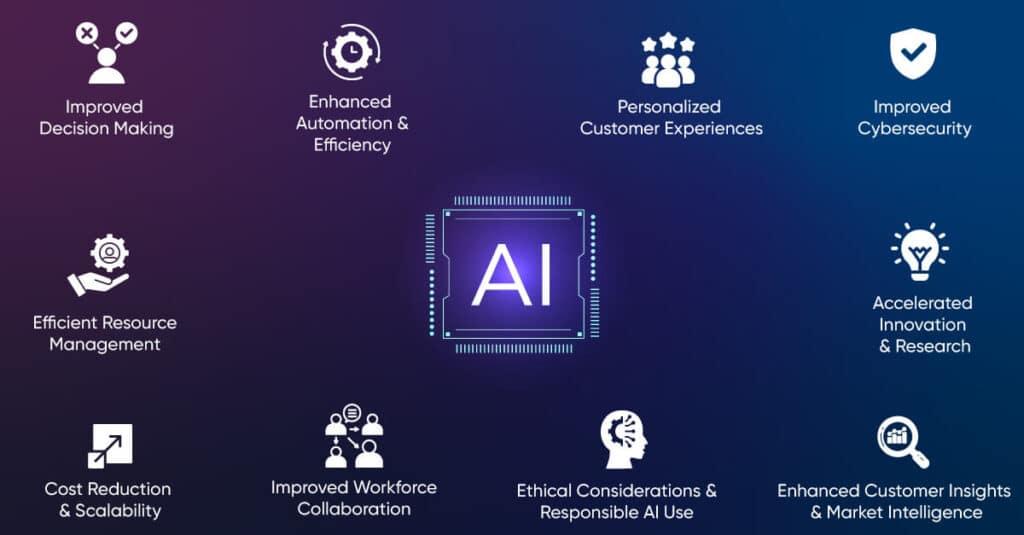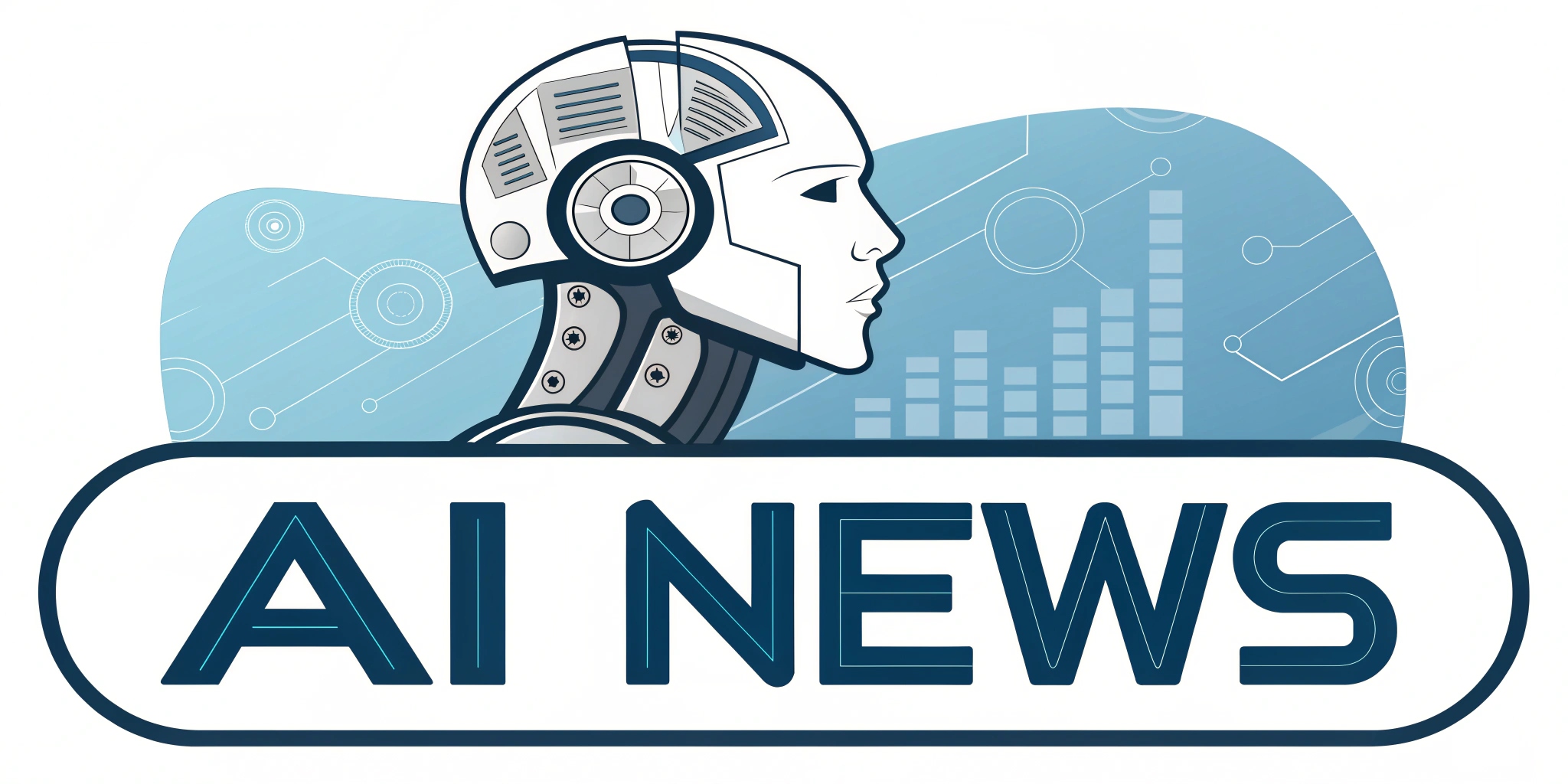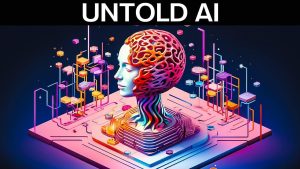In a world increasingly dominated by technological advancements, the implications of artificial intelligence remain at the forefront of public discourse. In a recent interview with Joe Rogan, Sam Altman, the CEO of OpenAI, shared his insights on the double-edged sword of AI technology, emphasizing its potential for massive productivity gains and groundbreaking scientific discoveries, while also acknowledging the profound concerns surrounding its misuse. As discussions swirl around whether AI represents an existential threat to creative industries or a game-changing catalyst for human progress, Altman’s vision offers a nuanced perspective on the future of AI. His journey from a successful entrepreneur and former president of Y Combinator to leading a pioneering organization in safe AI research underscores his commitment to balancing innovation with ethical responsibilities. Yet, even as he champions the benefits of AI for society, Altman has not shied away from addressing fears about job displacement and the risks posed by technologies like ChatGPT. Join us as we delve into Altman’s thoughts on the transformative potential of AI and the imperative of ensuring its benefits are equitably distributed across society.
Understanding the Dual Nature of AI: Benefits and Risks
Artificial Intelligence presents a landscape rich with potential yet fraught with challenges. The advancements in AI technology can lead to meaningful enhancements in efficiency, accuracy, and accessibility across various sectors, including healthcare, education, and transportation. These transformative benefits can manifest in numerous ways, such as:
- Improved Decision-Making: AI’s ability to analyze vast datasets facilitates more informed and timely decisions.
- Enhanced Research Capabilities: AI accelerates revelation in fields like drug development and climate modeling.
- Personalization: Tailored content and services can enhance user experience and satisfaction.
However, these advantages come tethered to significant risks and ethical dilemmas. Concerns about privacy invasion, algorithmic bias, and the potential for creating an unemployment crisis are increasingly relevant. As organizations deploy AI solutions, they must consider:
- Accountability: Establishing clear lines of responsibility for AI decision-making.
- Transparency: Ensuring that AI processes are understandable to users and stakeholders.
- Inclusivity: Striving to make AI technologies accessible and beneficial to all societal strata.
The Visionary Leadership of Sam Altman in Shaping AI’s Future
Sam Altman’s approach to AI underscores a commitment to fostering innovation while meticulously addressing the ethical implications that accompany such rapid advancements. By advocating for responsible AI development,he emphasizes the necessity of engaging diverse voices in this transformative journey. His vision aligns with foundational principles that prioritize:
- Safety: Developing AI systems that minimize risks and prioritize human welfare.
- Collaboration: Encouraging partnerships between tech developers, policymakers, and community leaders to ensure a holistic approach.
- Education: Promoting widespread understanding of AI’s capabilities and limitations, thus empowering individuals to participate in informed discussions.
Moreover, Altman recognizes that the path to harnessing AI’s full potential is not linear; it requires ongoing dialogue and a dedication to adapting the frameworks governing AI ethics. He believes in the importance of establishing robust mechanisms that foster trust and transparency in AI applications. This dedication manifests in initiatives that prioritize:
- Regulatory Frameworks: Collaborating with governments and institutions to craft regulations that keep pace with technological evolution.
- Research Investment: Supporting interdisciplinary research to explore innovative AI methodologies that are both effective and ethical.
- Sustainability: Ensuring that AI contributes positively to societal challenges, such as climate change and economic disparity.
Equitable Distribution of AI Benefits: Ensuring Accessibility for All
As artificial intelligence continues to evolve, addressing the equitable distribution of its benefits is of paramount importance. Ensuring that tools and technologies are accessible to all members of society requires a multifaceted approach. Organizations must take tangible steps to align their AI initiatives with the needs of underserved communities. This can be achieved through:
- Community Engagement: Actively involving local populations in technology development to gain insights into their unique challenges and aspirations.
- Infrastructure Investment: Providing necessary resources, such as internet access and digital literacy programs, to bridge the technology gap.
- Tailored Solutions: Customizing AI applications to address specific local issues, whether in healthcare, education, or employment.
Moreover, fostering partnerships between public and private sectors can amplify the outreach of AI benefits. By collaborating with nonprofits and educational institutions, tech companies can ensure that advancements do not favor only affluent groups. Key strategies must include:
- Policy Advocacy: Engaging with policymakers to support legislation promoting equitable AI access.
- Open-Source Initiatives: Sharing research findings and AI tools publicly to democratize access to technology.
- Skill Development Programs: Implementing training programs that equip individuals with necessary skills to engage with and benefit from AI technologies.
Addressing Job Market Concerns: Strategies for a Smooth Transition
Navigating the evolving job landscape requires a proactive approach, emphasizing skill development and adaptability. As industries undergo transformations due to AI integration, individuals should focus on cultivating a diverse skill set that encompasses both technical and soft skills.This can be achieved through various avenues, including:
- Continuous Learning: Engaging in online courses and workshops to stay updated with the latest technological advancements.
- Networking: Building relationships with professionals across industries to gain insights and explore collaborative opportunities.
- Cross-Training: Expanding expertise beyond one’s core field to enhance versatility and adaptability in the job market.
Moreover, organizations play a crucial role in easing transitions by fostering environments that encourage innovation and resilience among employees.By implementing strategies such as:
- Reskilling Programs: Investing in training sessions that equip employees with new skills relevant to AI-driven roles.
- Mentorship Opportunities: Pairing seasoned professionals with newcomers to facilitate knowledge sharing and support career growth.
- Flexible Work Arrangements: Adapting to the changing workforce dynamics by offering remote and hybrid work solutions.























